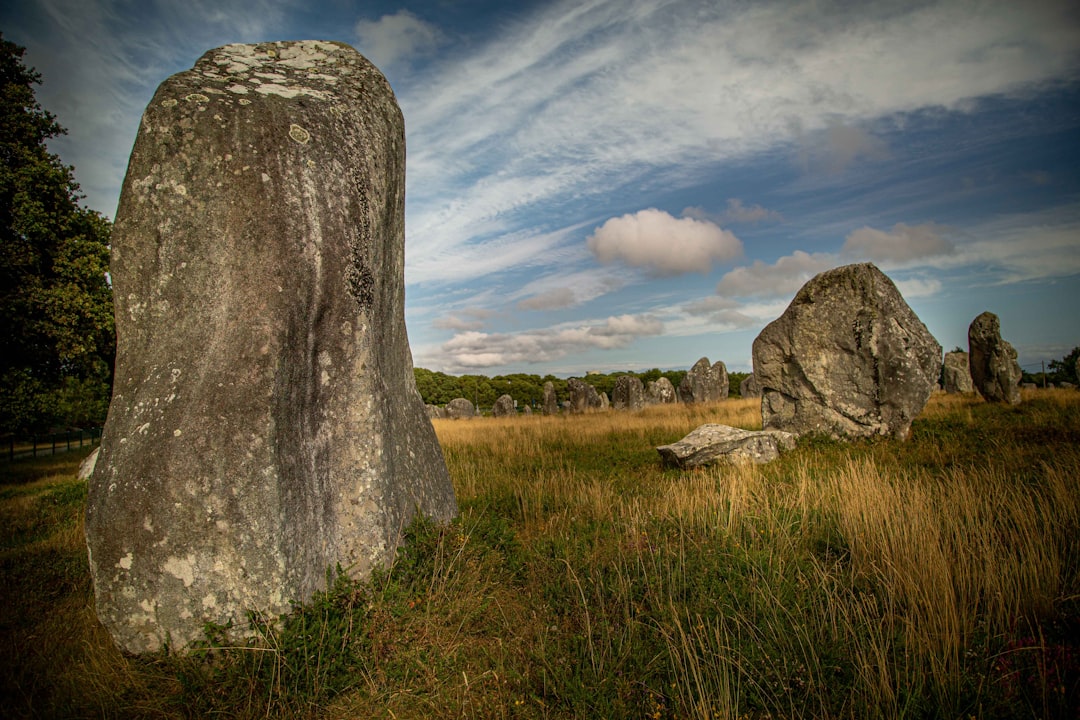What is it about?
Two crises of our age, refugee statelessness and sexual violence, converge in the lives of refugee women. I examine this convergence by analyzing the meanings of refugee camp sexual aggression and refugee women’s responses to it. Following those who have detailed the ways that the differences of race, class, religion, nationality, and sexuality make a difference in the ways that women are perceived and treated, I focus on the difference between women who become refugees and those who are not by examining the ways that the sexual violence in the camps speaks to this difference. Reading Non-Governmental (NGO) and United Nations (UN) reports that describe the epidemic of sexual violence in refugee camps in the context of Hannah Arendt’s and Giorgio Agamben’s analyses of the refugee’s plight of statelessness, and Simone de Beauvoir’s delineation of the subjugation of women in patriarchal societies I find that once a woman becomes a refugee, her previous status as a woman of a certain race, class, religion, nationality and sexuality is erased. Only the sexual difference remains. Here the message of sexual violence, often obscured in non-refugee worlds, is clear: you are being assaulted because you are a woman. Lest you forget that a being woman means submitting to the authority of men, rape and sexual assault will remind you. Where the non-refugee men in the camps, UN personnel for example, use sexual violence to reinforce their patriarchal rights, refugee men, whose statelessness robs them of these rights, use sexual violence to reassert them. Some refugee camp women protect themselves from the sexual violence of the camps by accepting men’s claims to their pre-refugee patriarchal status. They believe that insofar as reaffirming their pre-refugee position as women protects “their” men from the trauma of statelessness it is critical to the stability of their families. Other women have used the disruptions of refugee life to contest men’s patriarchal rights. Refusing to accept the terms of the patriarchal protection racket, they bond with other women for protection from sexual predators. The stories of two refugee women, Noha and Hadija, stand out here. They show how actions inspired by human rights ideas/ideals can challenge the politics of sovereignty that produces refugees and the politics of patriarchy that authorizes men to abuse women.
Featured Image

Photo by Jason Leung on Unsplash
Why is it important?
By understanding the meaning of refugee camp sexual violence we can develop effective strategies for stopping it.
Read the Original
This page is a summary of: Caught in the Crossfire between Being a Woman and Being a Refugee, Simone de Beauvoir Studies, April 2022, Brill,
DOI: 10.1163/25897616-bja10043.
You can read the full text:
Contributors
The following have contributed to this page










